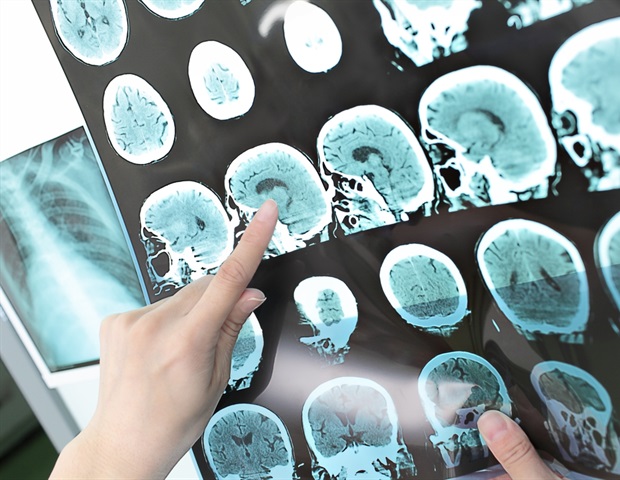A lower level of mental ability during the teenage years may be linked to as much as a tripling in the risk of having a stroke before the age of 50, finds research published online in the Journal of Epidemiology & Community Health. The observed associations held true even after factoring in current diabetes and limiting the age of a first stroke up to 40, prompting the researchers to suggest that more comprehensive assessments beyond traditional stroke risk factors are now needed to stave off disability and death. Recent evidence suggests that cases of stroke among the under 50s years are on the rise.
And around half of all stroke survivors can expect to live with long term physical and psychological impairments, say the researchers. Lower levels of mental ability in childhood and adolescence-;to include powers of concentration, problem solving, and learning-;have been associated with higher risks of future cardiovascular and metabolic diseases. But the findings are inconsistent, note the researchers.

To strengthen the evidence base, they wanted to find out if mental ability in adolescence might be associated with a heightened risk of early onset stroke in a nationally representative sample of 1.7 million young Israelis. Before starting military service, 16-20 year old Israelis undergo extensive evaluation to assess their suitability, and this study includes all those assessed between 1987 and 2012.
As well as weight, blood pressure, current diabetes, other factors assessed i.























